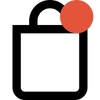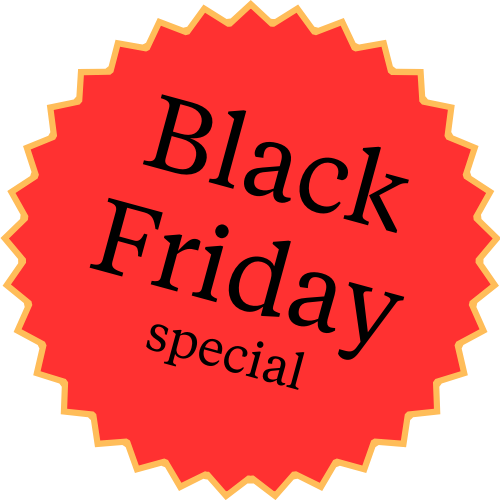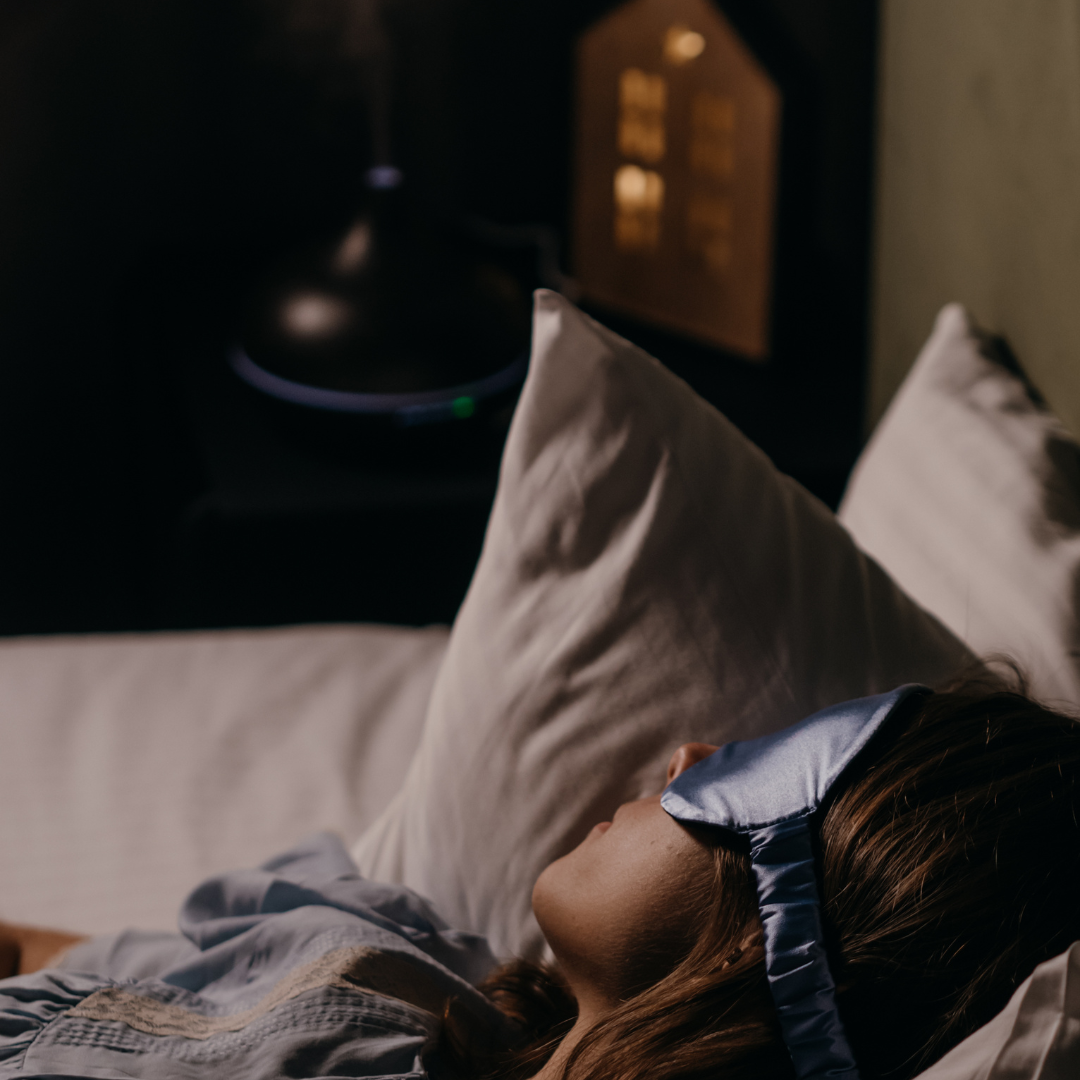In a world where modern medicine often takes center stage, the allure of ancient healing practices has not faded away. Acupuncture is one technique of Traditional Chinese Medicine (TCM) that has captured the curiosity of health and wellness practitioners around the globe. Much like the herbal ingredients inReprise gummies, many acupuncture techniques are firmly rooted in tradition and increasingly appreciated through the lens of modern science.
The Legacy of Acupuncture: Tapping into the Body's Energy Network
Acupuncture traces its origins back thousands of years to ancient China, where it was conceived as a means to harmonize the body's vital energy, known as "Qi." This life force is believed to flow along meridians or energy pathways that traverse the body. By stimulating specific points along these meridians, practitioners aimed to restore the balance of Qi and promote health.
While the concept of Qi might seem abstract, modern research has revealed interesting correlations between acupuncture points and neural networks. Advanced imaging techniques have shown that stimulating acupuncture points triggers the activation of distinct areas in the brain, lending credence to the notion that these points are not just arbitrary, but rather strategic targets in a complex neural network.
Neurological Mechanisms at Play
Two key scientific theories shed light on how acupuncture influences the body's functions: the Gate Control Theory of pain modulation and the release of endorphins.
Gate Control Theory proposes that the sensation of pain can be controlled by modulating the flow of sensory input to the spinal cord and brain. Acupuncture, when practiced by inserting fine needles into specific points, is believed to stimulate nerve fibers that inhibit the transmission of pain signals, essentially "closing the gate" to pain perception. This mechanism is thought to underscore the neurological intricacies that make acupuncture more than a placebo effect.
Additionally, acupuncture is associated with the release of endorphins, the body's natural pain-relieving and mood-enhancing chemicals. Research has shown that acupuncture can lead to an increased production and release of endorphins, explaining the sense of relaxation and well-being often reported by patients after a session.
Holistic Healthcare Integration: Acupuncture and Chinese Herbs
Traditional Chinese medicine emphasizes the interconnectedness of various bodily systems and the environment.The integration of acupuncture and Chinese herbalism into modern healthcare is a testament to the value these ancient practices hold. Much like Reprise gummies, which harness the natural benefits of herbal ingredients, acupuncture techniques aim to address not only physical symptoms but also underlying imbalances that contribute to health issues.
A Call for Further Research and Collaboration
The scientific exploration of acupuncture and Chinese herbalism is far from over. As we uncover more about the neural pathways involved and the intricate mechanisms at play, the potential for these practices to complement conventional medical treatments becomes increasingly apparent.
Fun reprise fact: one of our scientific advisors is actually studying acupuncture in the context of cancer care! You can learn more about Doctor Yu at Harvard University and his research here.
Integrative approaches that combine the strengths of traditional and modern healthcare systems hold the promise of delivering more comprehensive and effective patient care. By acknowledging the historical wisdom behind acupuncture and the holistic principles of traditional Chinese medicine, we open the door to a future where ancient techniques and modern science work hand in hand for the well-being of all.















